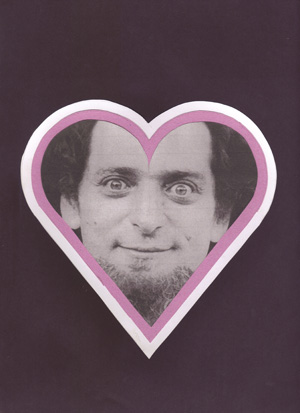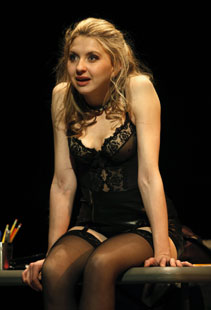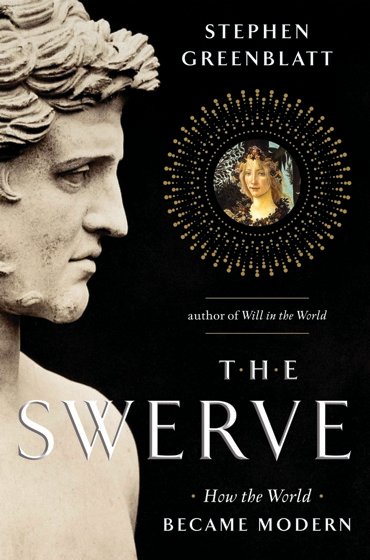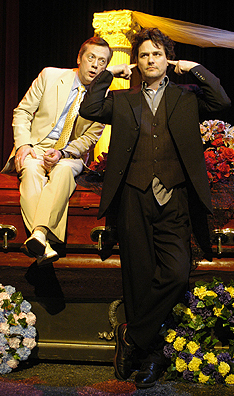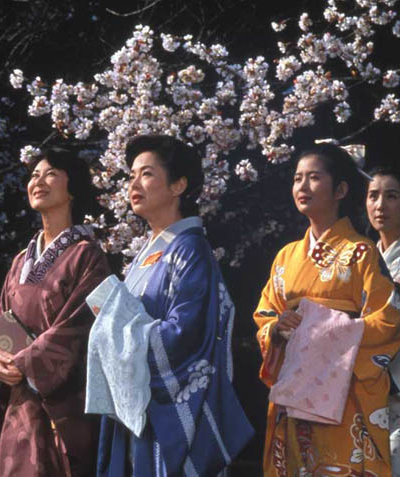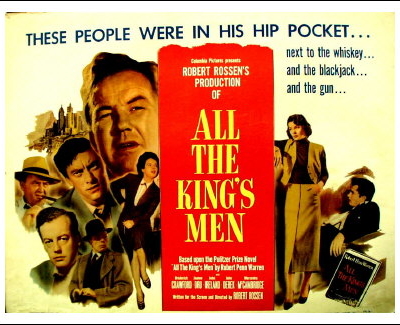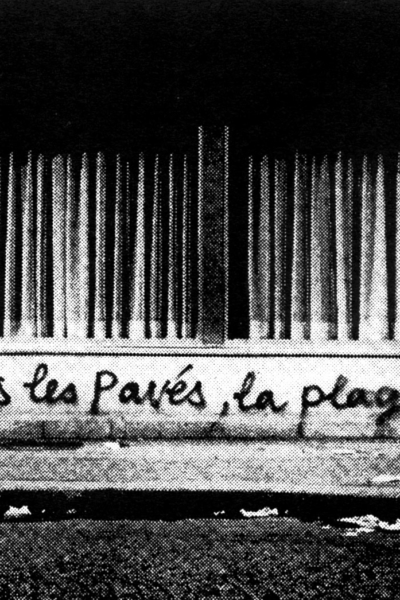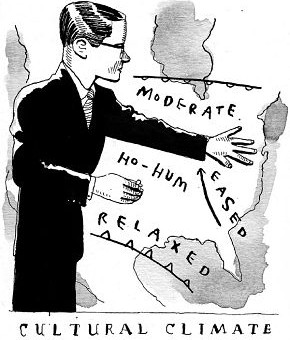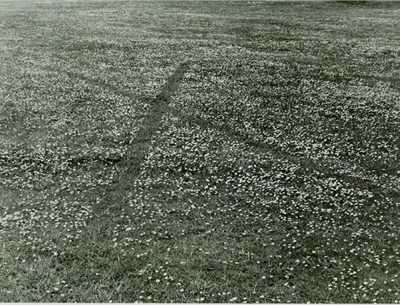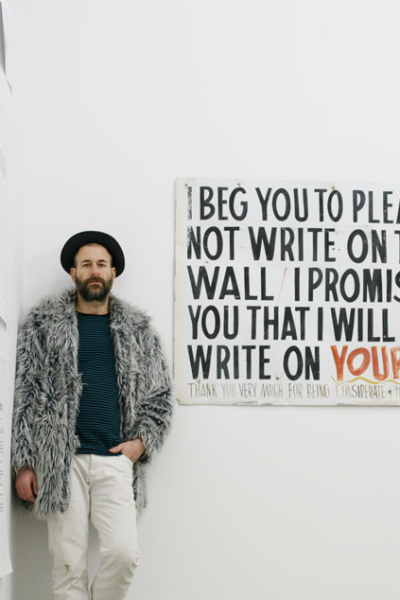How (Not) to Say “I Love You” with Perec
Perec’s narrative frames and the people who live in them tend to look fragmented, but it’s this incompleteness that invites pathos and attempts to piece a puzzle back together.
All Hail Aphrodite: Venus in Fur’s Media Problem
A show like VENUS IN FUR is a testament to the ways in which power has so totally infiltrated the arts experience.
Stephen Greenblatt: Theory and the Public Intellectual
THE SWERVE is a sort of wish-fulfillment with which Greenblatt has gifted his readers.
Outrageous Fortune: Shakespeare on TV
The Canadian television show Slings and Arrows is a send-up of Canada’s Stratford Theater Festival; but unlike most contemporary satire, it is also loving and imaginatively daring.
Cherry Blossoms and Kimonos: The Makioka Sisters
Kon Ichikawa’s 1983 film of Junichiro Tanizaki’s novel THE MAKIOKA SISTERS is one of the great movies of its era and one of the finest modern film adaptations of a literary source.
Our national debate has become more than ever obsessed with the illusion of innocence that Robert Penn Warren rejects in ALL THE KING’S MEN.
Two Steps Back and Three Steps Forward: How to Master 1960s French Utopianism in Two Weeks
I must confess to suffering from some pretty serious 1968 romanticization – and despite inspiring recent student protests in California, Chile, and London, the soixant-huitards of Paris remain my preferred model for youth protest movements.
How to Master the Culture Wars in Two Weeks
Presenting “How to Master X in Two Weeks,” a shortcut to projecting erudition and insight into the most pressing political issues of the day. In this installment we focus on two recent publications from Harvard University Press – Age of Fracture by Daniel T. Rodgers and Unmaking the Public University by Christopher Newfield.
A Walk to Remember to Remember
A cursory look at the canon of Western literature reveals author after author mining the drama of human locomotion while constantly imbuing the act with new meanings and significances, so much so in fact that the history of literature begins to look like a history of walking.
Uncreative Writing, Creative Reading
By forcing us to confront the unintelligible, the boring, the insipid, and the illegible, conceptual poetics gives us no choice but to circumvent unreadability and discover new modes of reading and new spaces for interaction with literary texts.


